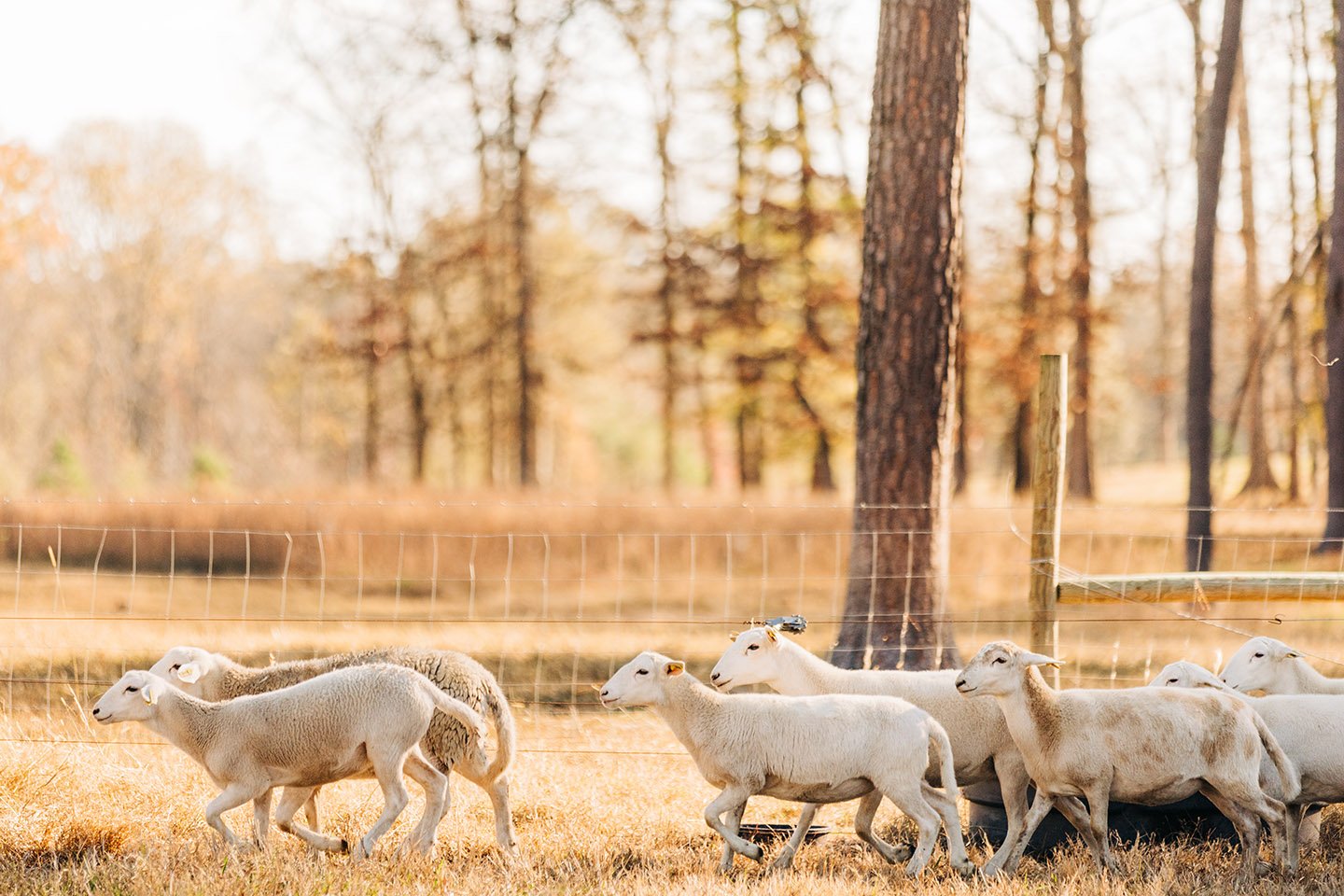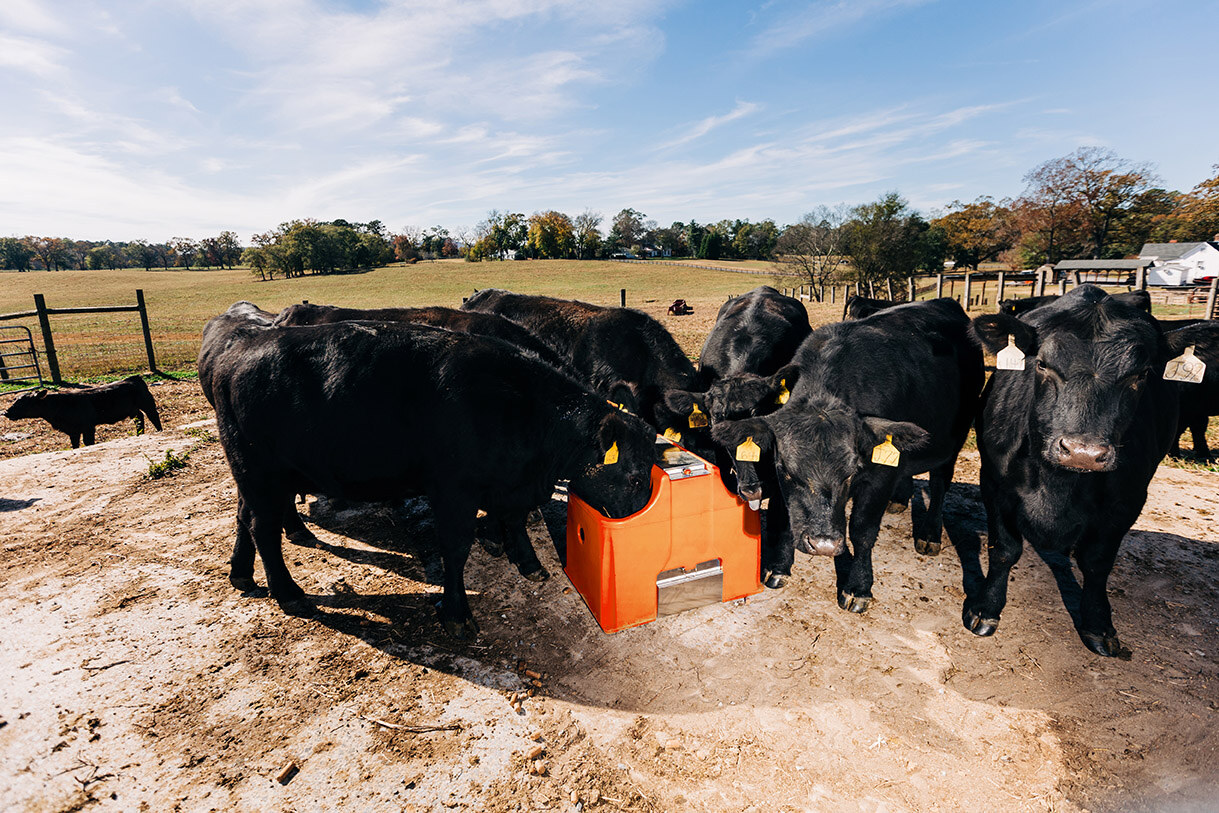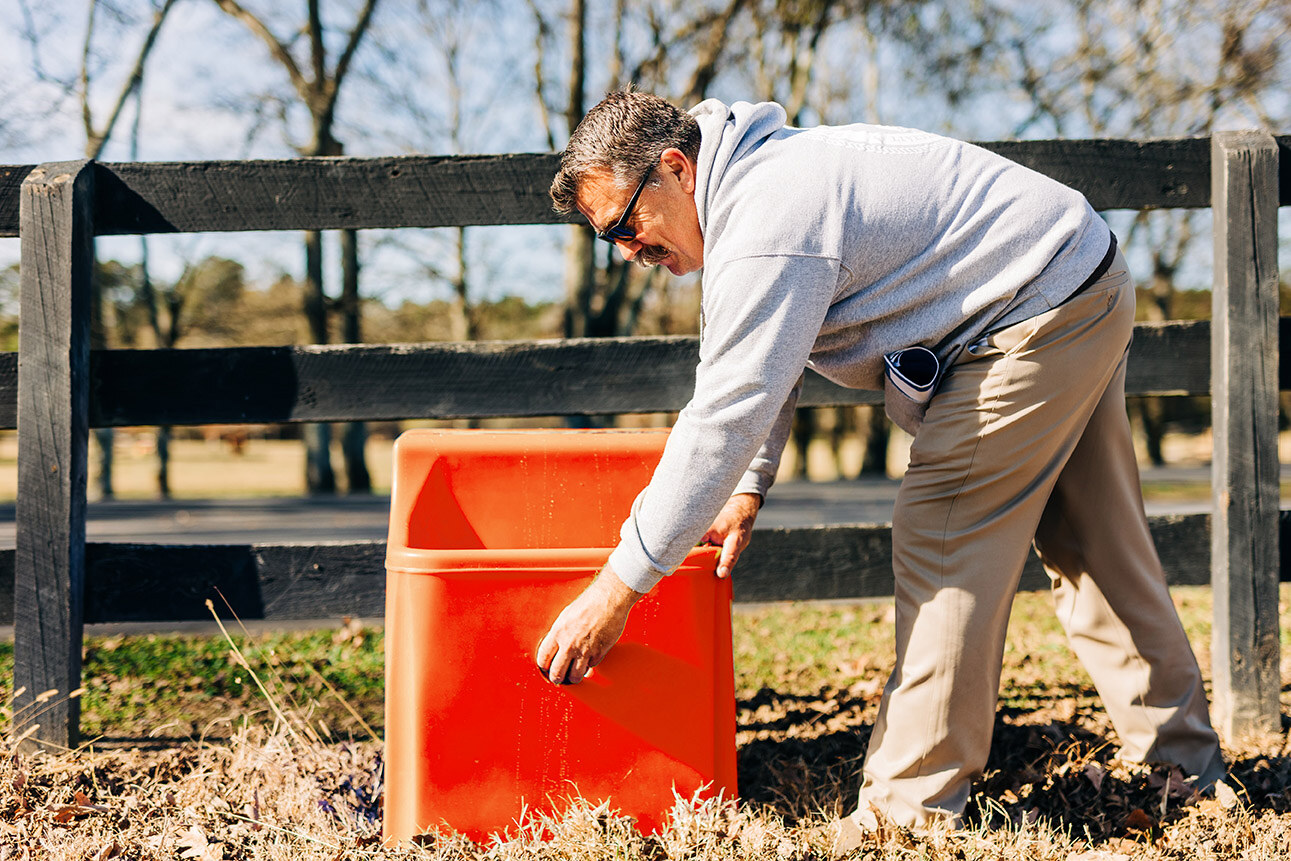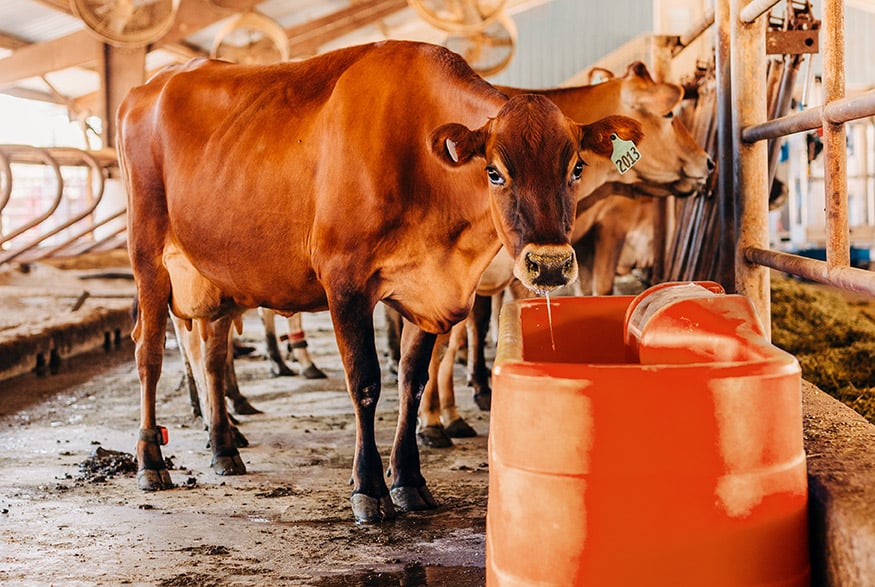Livestock farmers know how crucial it is to keep their animals hydrated for their health, well-being, and productivity. Providing a livestock water trough that is filled with hoses or watering cans can be time-consuming and labor-intensive. That's why investing in an automatic livestock waterer is a great option. These devices can make a big difference for both farmers and animals.
Selecting the right livestock waterer is crucial to ensure a supply of fresh and disease-free water. On average, a farm cow consumes twenty gallons of water every day. Poorly maintained waterers are prone to bacterial and fungal growth and can be a significant source of illness for herds. There are numerous designs available for farm waterers, but there are several factors to consider when selecting the right livestock waterer for your farm. The most important factors are described below to help you purchase the livestock waterer that is optimal for your farm's needs and budget.

What Are Livestock Waterer Tanks?
Livestock waterers are devices that dispense water for livestock to drink. They come in a variety of shapes and sizes, and they can be made from different materials such as plastic, metal, or concrete. There are two main types of livestock waterers: automatic and manual. Automatic waterers are connected to a water source such as a hose or well, and they will dispense water when the livestock approaches them. On the other hand, manual waterers need to be filled up with water manually.
Things To Consider When Buying Livestock Waterers
Size
When selecting a livestock waterer, it's important to consider the size of your animals. Larger animals will require bigger water tanks for cattle, rather than smaller animals like chickens – both in size and gallon capacity. When you’re choosing gallon capacity, consider the number of animals you have. If you want multiple animals to be able to drink at the same time, you'll need a waterer that can accommodate them.
Once you know what size, or gallon capacity, waterer you’ll choose, you’ll want to take into account the size of your herd. This will help you determine how many of them you need. We offer several different-sized livestock water tanks, including our 42 gallon stock tank; 120 gallon stock tank; and 180 gallon stock tank.
Consider the expected growth of your herd in the next five to ten years. Installing livestock tanks that meet your future needs can save money and make expansion easier. It may seem counterintuitive, but rising inflation is driving up farm infrastructure costs. Purchasing durable waterers in advance can save you money that can be put towards other aspects of your business.
Material
When choosing a livestock water tank, the material used is an important factor to consider. Among the various materials available, polyethylene-constructed waterers stand out as the best option. These waterers are low maintenance, easy to clean, strong, and corrosion-free, ensuring trouble-free use for years.
However, other materials like concrete, stainless steel, and fiberglass are also commonly used. The choice of material should depend on your specific requirements, farm structure, and budget. Concrete waterers are durable but immovable and require onsite cleaning and maintenance. They are relatively expensive to build but have a longer lifespan. Fiberglass waterers are light, portable, and less expensive, but prone to cracking with abuse and have the shortest lifespan. Steel waterers are also a good option due to their flexibility and long lifespan but require regular maintenance to prevent rusting. Ultimately, the decision should be based on your specific needs and preferences.
Design
When selecting a waterer for your farm animals, it's important to consider the waterer’s design. You’ll want to consider the waterer’s size in relation to the amount of space you have. Additionally, consider the mounting options available. Some waterers can be placed on the ground or mounted on walls.
In addition to the design, the shape of the waterer is also important. Avoid waterers with sharp corners or edges that could potentially harm your livestock. Consider using ones made of polyethylene, which have rounded plastic edges and are safer for your animals.
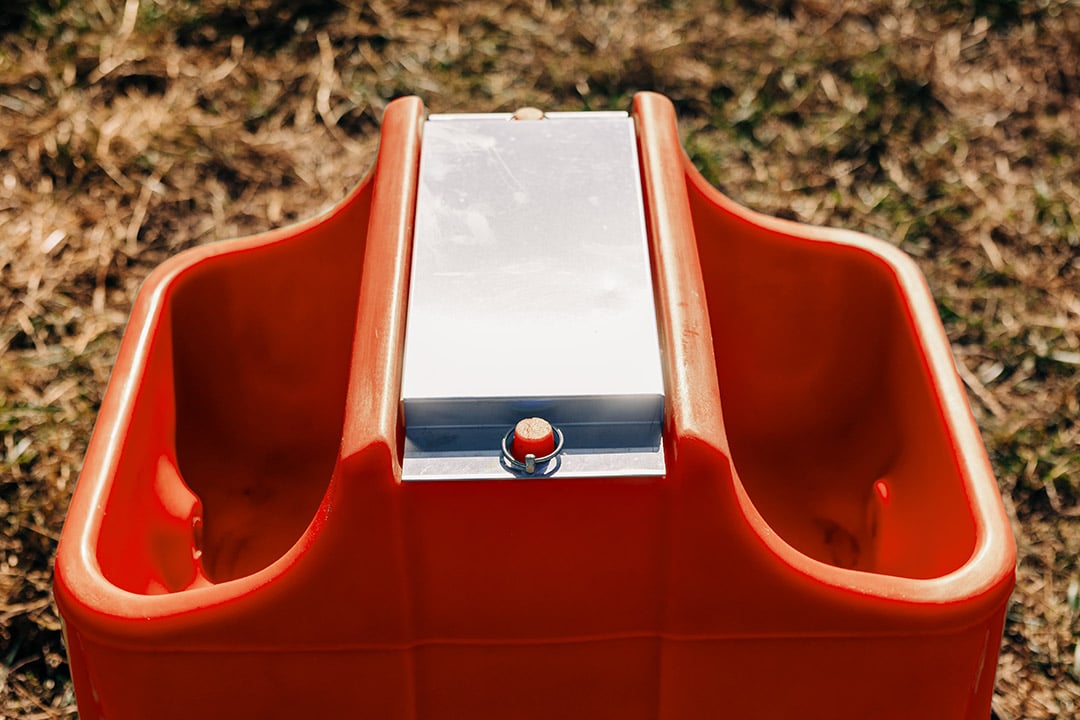
Insulation
Insulated waterers are necessary for farms located in areas with extreme weather conditions. The insulation in the livestock tank prevents the water from freezing in winter but also keeps water cooler during hot summers. With insulated livestock waterers, you can ensure a continuous supply of ice-free water.
Covered Watering Holes
Waterers that have flaps to protect the water help to keep the water clean and free from microorganism growth and evaporation loss. The sunlight exposure in standing water causes algae to grow and the open standing water gets easily contaminated by bacteria and viruses in the air. Covered waterers reduce these risks and help to maintain water quality.

Quality
Finally, consider the quality of the livestock waterer. Choose a waterer that is FDA and HPB-approved for livestock use. Additionally, ensure the livestock tank you choose is made from durable and safe materials.
Investing in a livestock waterer can greatly improve the daily operation of your farm or ranch. Consider adding cattle water tanks or regular livestock tanks to your list of must-have farm equipment and see how it can make a difference for you, your business, and your animals – like boosting milk production and weight for cattle.
